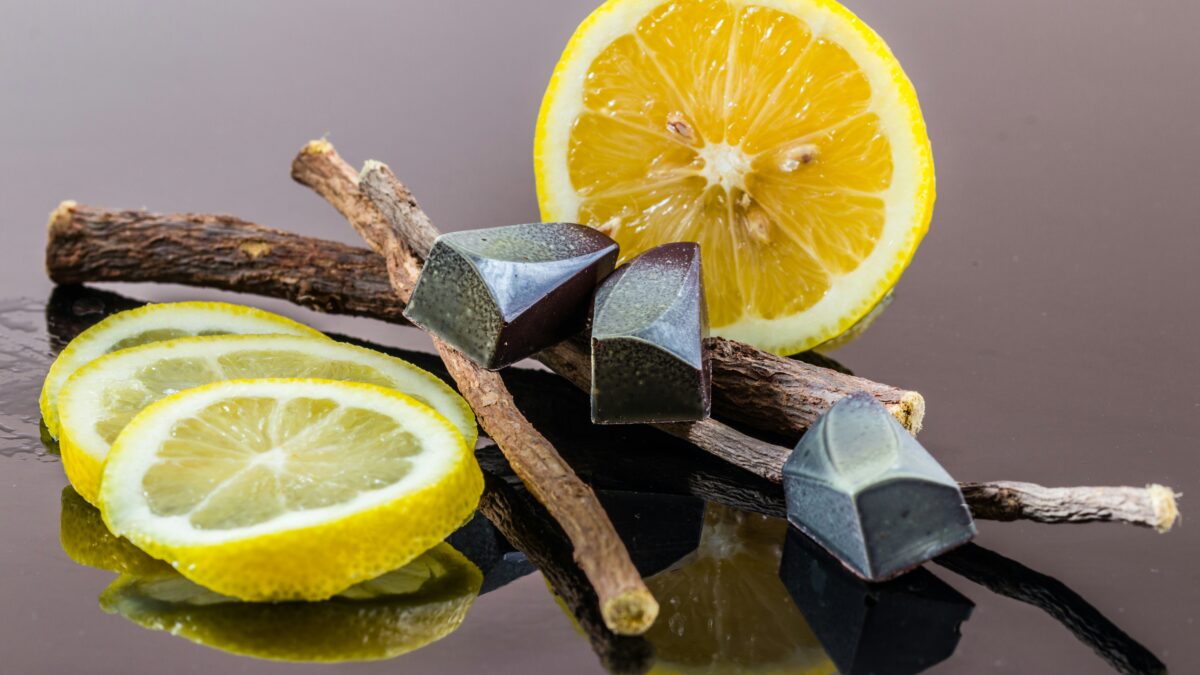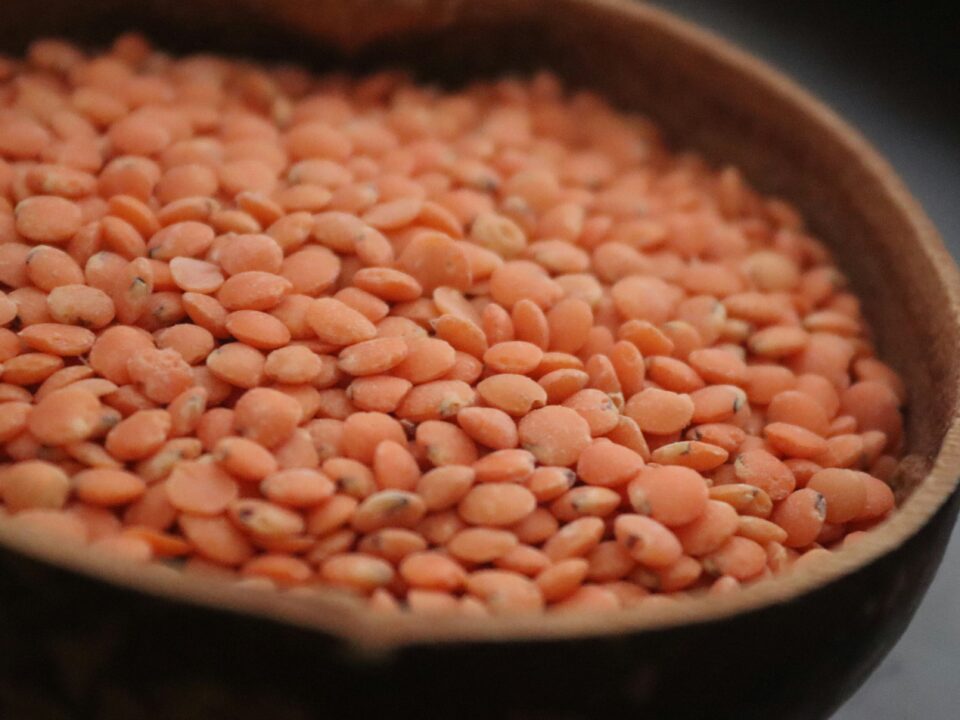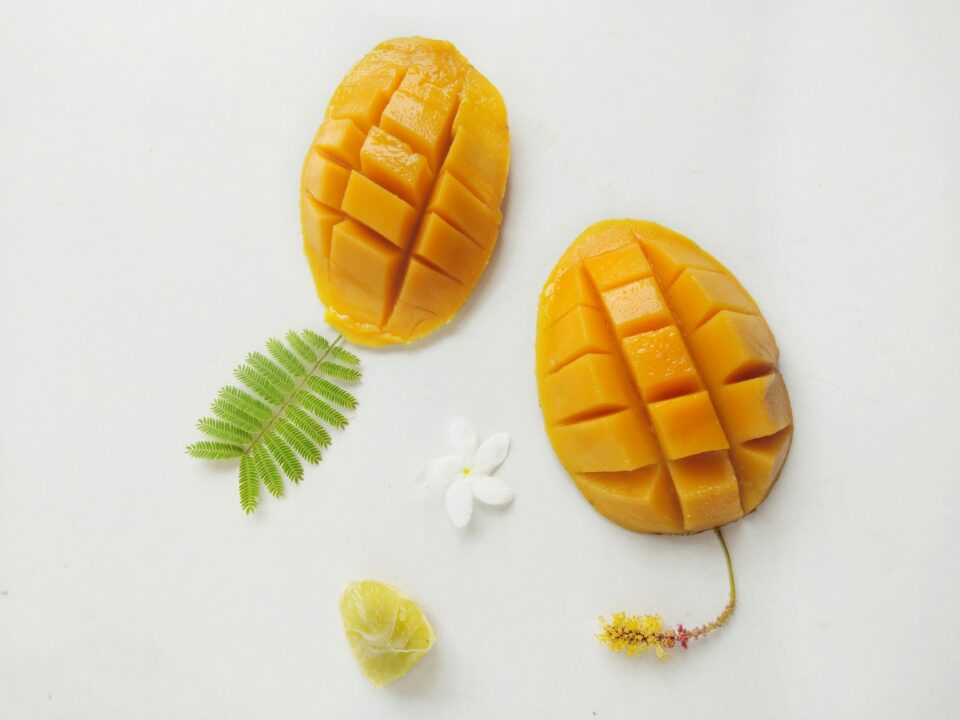
Licorice extract, derived from the root of the Glycyrrhiza glabra plant, has a long-standing history in herbal medicine. Native to regions of Asia, Southern Europe, and the Middle East, licorice has been valued for centuries for its medicinal benefits. Historical records suggest that in ancient Egypt, licorice root was crafted into a sweet drink enjoyed by pharaohs, and its uses have since evolved to include flavoring for candies, beverages, and medicines. The root of Glycyrrhiza glabra contains nearly 300 compounds, with glycyrrhizin standing out as the most significant. Glycyrrhizin not only imparts the characteristic sweet flavor of licorice but also brings powerful antioxidant, anti-inflammatory, and antimicrobial properties that have found modern relevance in both health and skincare industries.
In the realm of skincare, licorice extract is celebrated primarily as a skin-brightening agent. Its rich blend of active compounds delivers potent anti-inflammatory and antioxidant benefits that work synergistically to target and diminish the appearance of dark spots. One of the key actions of licorice extract in skincare formulations is its ability to inhibit the production of tyrosinase, an enzyme crucial for melanin synthesis. By disrupting this pathway, licorice extract effectively helps to prevent the formation of new dark spots and tackles existing hyperpigmentation.
Among its beneficial components, liquiritin plays a critical role by helping to disperse and eliminate excess melanin already present in the skin, contributing to a more even skin tone over time. Additionally, the flavonoids present in licorice extract offer robust antioxidant defense. These compounds neutralize reactive oxygen species, which are key contributors to premature skin aging and discoloration. The antioxidant action further enhances the brightening and protective qualities of products containing licorice extract.
Licorice extract also offers significant anti-inflammatory effects, largely attributed to licochalcone A, another active molecule found in the plant. Licochalcone A works by inhibiting inflammatory markers, thereby reducing the inflammatory response in the skin and promoting a calmer, healthier complexion. Thanks to this multi-faceted activity, licorice extract not only helps lighten pigmentation but also soothes irritation, making it particularly beneficial for sensitive or reactive skin types.
Generally, licorice extract is considered safe for daily use and is well-tolerated by most individuals. However, as with any active ingredient, some people may experience mild irritation when introducing licorice-based products into their skincare routine. For this reason, it is advisable for new users to perform a patch test before applying a product containing licorice extract to the entire face. Overall, licorice extract stands out as a versatile, gentle, and effective ingredient for those seeking to achieve a brighter, more even complexion while supporting overall skin health.



